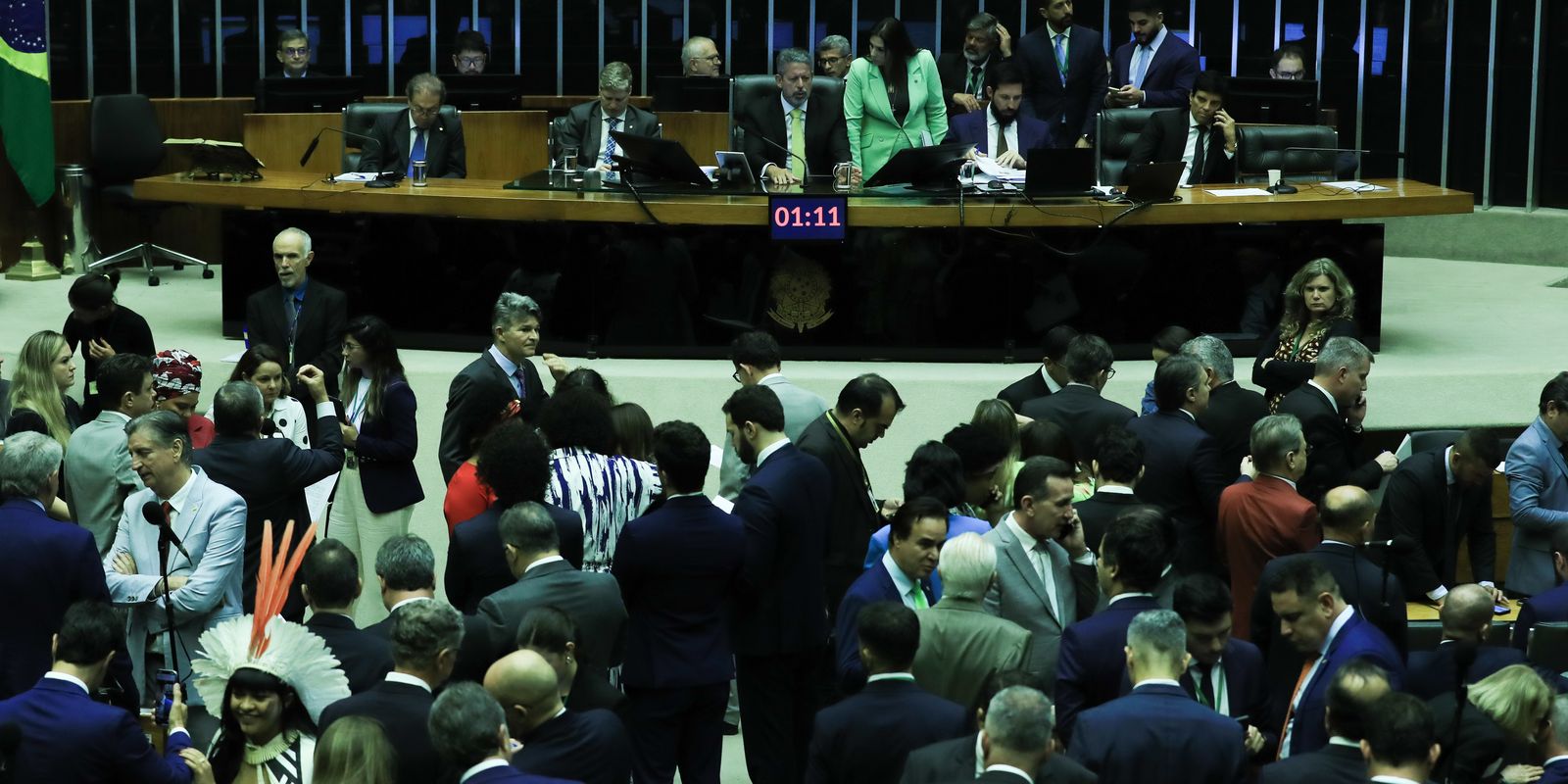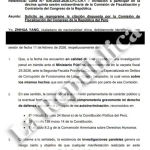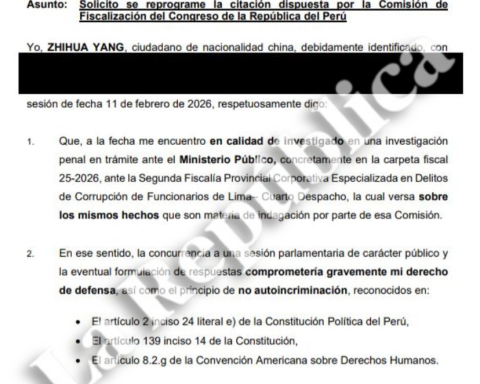The rapporteur of the proposed amendment to the Constitution (PEC) of the spending cut package, Moses Rodrigues (União-CE), made a series of changes to the government’s original proposal. In the text presented this Wednesday (18), the rapporteur of the PEC 31/2007 attached to PEC 45/24which deals with spending cuts, established a different mechanism to that proposed by the government to define which compensation funds will not be computed within the civil service salary ceiling.
Currently, the Union’s salary cap is R$44,000, currently the salary of a minister of the Federal Supreme Court (STF). However, compensation amounts are usually outside this ceiling, allowing remuneration above the amount limited by the Constitution.
The PEC sent by the Executive provided that only compensation funds provided for in a complementary national law would be authorized. The objective was to try to standardize the resources that would be outside the ceiling. The rapporteur transferred the rule responsible for regulating super salaries to an ordinary law, which is easier to approve than the complementary law.
The rapporteur also included an article in the PEC providing that the compensation funds will not be computed until the ordinary law on the subject is approved by the National Congress and sanctioned by the President of the Republic.
The measure was criticized by parliamentarians who understood that the changes weaken the possibility of limiting super salaries for civil servants. Since the measure was announced, a series of public sector career associations have mobilized against the changes.
Deputy Chico Alencar (PSOL-RJ) said that pressure from career lobbies that benefit from super salaries had an effect, because now the PEC provides that the rules will be established by ordinary law and not by complementary law.
“Although there is already a constitutional ceiling for public service, which many sectors do not respect, there are allowances, hang-ups, especially in the Judiciary, the Armed Forces and, to a lesser extent, also in the executive and legislative branches”, he commented.
Deputy Kim Kataguiri (União-SP) assesses that the PEC, as it stands, does not change super salaries and that the resolutions of the national councils of the Judiciary (CNJ) and the Public Ministry (CNMP) could circumvent the rules provided for in ordinary law .
“With the approval of the amendment proposal with the current text, all CNJ and CNMP resolutions that guarantee illegal, unconstitutional wages, with an impact of more than R$12 billion per year on the pockets of the poorest workers, will be maintained” , he warned.
The government leader in the Chamber, deputy José Guimarães (PT-CE), recalled that the opposition, when it was at the leaders’ meeting, did not oppose the change in the PEC in relation to super salaries.
“Why didn’t your excellencies speak out at the leaders’ meeting? Do you remember the story of the complementary law? It wasn’t us. Well, look, you said it was better to have an agreement so as not to become radicalized with the judiciary”, revealed Guimarães.
The PEC rapporteur, deputy Moses Rodrigues, clarified that the text presented was the one that could be constructed with all the parties, and that the proposal is not from the government, neither from the left nor from the right.
“This text was worked on after listening to all the parliamentarians who contacted us, as well as civil society and entities, until we could, by consensus, after much debate and discussion, arrive at a text that could, indeed, help with the adjustment tax,” he explained.
PEC of spending cuts
The spending cut PEC should be voted on this Thursday (19) in the Chamber of Deputies, to go to the Senate. The proposal is part of the spending cut package announced by the government to limit expenditure growth, adapting spending to the new fiscal framework, which imposes a spending ceiling on the public sector.
The PEC analyzed also gradually reduces the total number of workers entitled to the salary bonus. Currently, those who receive up to two minimum wages are entitled to the benefit. With the PEC, beneficiaries will be gradually reduced until they only reach workers who earn up to one and a half minimum wages.

















